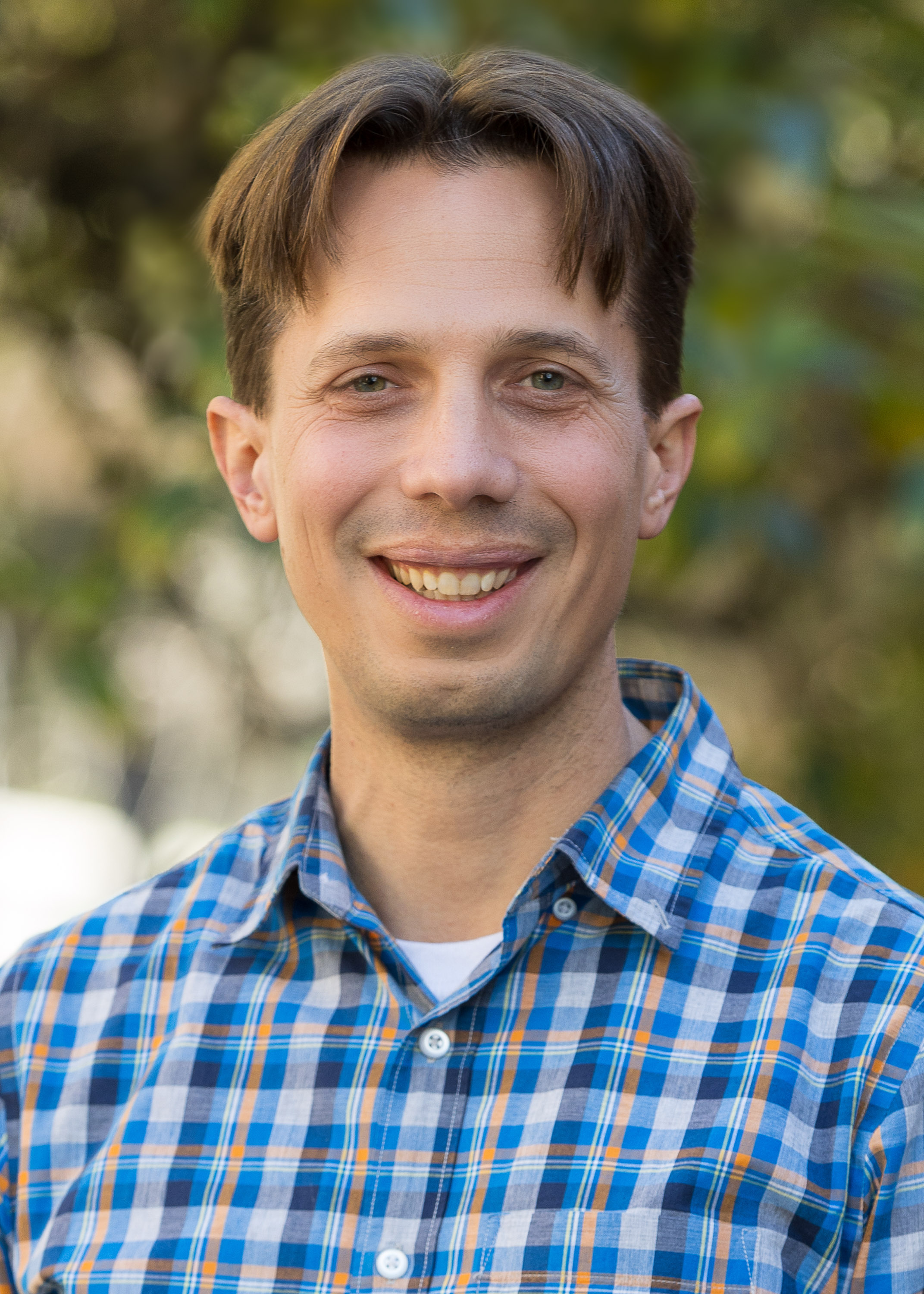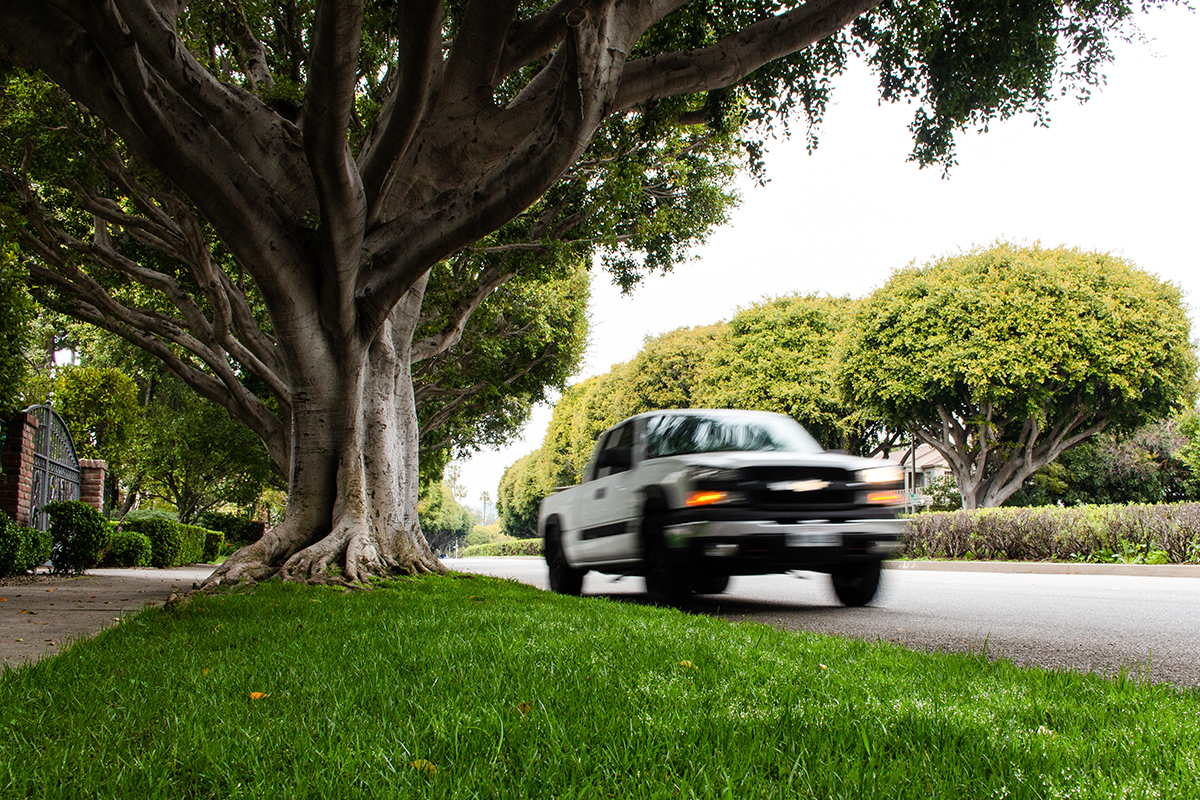Q&A: UCLA professor Jasper Kok discusses how aerosols affect climate patterns

Jasper Kok, a professor of atmospheric and oceanic sciences, is pictured. Kok spoke with the Daily Bruin about his work, which focuses on dust, aerosols and their relationship to climate change. (Courtesy of Jasper Kok)
By Danielle H. Cho
Feb. 27, 2024 6:10 p.m.
Jasper Kok, a professor of atmospheric and oceanic sciences, sat down with the Daily Bruin to discuss his work on aerosols, particularly dust and dust storms, and how they manifest in climate patterns.
Kok joined UCLA as a faculty member in 2013. In 2016, he was awarded a National Science Foundation CAREER grant, which supports faculty who are exemplary models in research and education and was awarded the Henry Houghton Early Career award from the American Meteorological Society in 2019.
This interview has been edited for length and clarity.
Daily Bruin: What phenomena are known to trigger dust aerosols or dust storms?
Jasper Kok: That can be very varied – what you need for dust to be put into the air is strong winds and dry soils. This can happen with Santa Ana winds that we get often in the fall, which also can spark wildfires because they can tend to be strong, dry, hot winds. Those can pick up a fair amount of dust, but also any other phenomena that produce strong winds during a dry period.
DB: How does dust in the air affect people?
JK: It’s pretty bad for human health for a few reasons. It really depends on where the dust is coming from. For instance, a few hours to the southeast, we have the Salton Sea. This is an artificial lake created from runoff from agriculture, and it’s now drying out. There’s a lot of runoff pesticides and fertilizers deposited in this lake. The soil there is blowing and carries all these toxic materials that can be quite damaging to human health.
DB: What have been the trends in dust over the past few decades? Has there generally been an increase or a decrease?
JK: We actually don’t really know that in California. We think it probably has increased because of the drier conditions. We know it has increased more in the southwest.
Globally, most of the dust is coming from the Sahara and the Asian deserts in the Middle East. We know that globally, dust has very likely increased over the past century or so. Right now, there’s about 50% more dust than there used to be.
Dust has so many different impacts on temperatures, but we think overall, it probably had a cooling effect. We think this increase in dust has slightly slowed down global warming.
DB: Based on your research, is there anything about dust that you think needs to be specifically addressed through policy?
JK: There’s the climate aspect, and then there’s the public health aspect, and those are not always the same. For instance, particulate matter in general cools the climate. If you implement a lot of clean air regulations to save lives, that actually reduces that cooling. And so we get more warming – that increases climate change. That’s one of the reasons that the climate has been warming so much faster in the past decade than it has before.
DB: Your past research also focused on Mars and different places in the solar system. What inspired you to pursue those areas of interest? Does it inform our understanding of Earth, or is it purely for curiosity?
JK: Mostly for curiosity, I would say. It’s really fun.
I did a lot of work on Mars. You think about this other planet and these processes that are similar to Earth happening there, but the atmosphere of Mars is 100 times less dense. It’s really hard to move anything there. But then you see from space that you have these massive dust storms that can envelop the entire planet – how is that possible?
On other planets, sometimes the things that you discover are much simpler, whereas on Earth, things are much more complicated. But on other planets, we know so little, so you can make really fundamental discoveries that are really cool.
I study Earth because I care about Earth and climate change, and I want this to be a livable planet for my kids. I don’t have that same feeling with research on Mars. I’ve done work on that in the past, but now I’m focusing only on Earth.
DB: Some of your research also goes into aerosols and synthetically making aerosols to mitigate the effects of climate change. What areas are you pursuing in that respect?
JK: Right now we’ve seen about 1.2 degrees centigrade – about 2 degrees Fahrenheit – of warming. We have this international climate agreement that we don’t want to go above 1.5, and we are going to go above 1.5. It’s almost impossible at this point to avoid that, and things are going to get worse and worse. There’s going to be probably an increasing debate of whether we can do something about this because as a society, we won’t have done enough to cut emissions. That should be our first priority.
There’s options that can (temporarily) help take some of the bite out of climate change. One of the most prominent is basically mimicking a volcanic eruption. When you have a volcanic eruption, you put a lot of particles in the upper atmosphere – called the stratosphere – and those reflect sunlight, and that cools the planet down. But it has really important downsides, which we don’t fully understand. It reduces the amount of rain, and it makes it fall in different places. We don’t want to have to do this.
I’m looking at other techniques that don’t have these massive downsides. We’re looking at maybe trying to manipulate clouds in polar regions. During the polar night, clouds provide sort of a blanket that keeps the poles warmer than they otherwise would. By seeding those clouds – adding dust for instance, or other particles that can form ice – those clouds rain out and disappear somewhat. By removing that blanket, we can maybe cool down the poles a little.
But that’s very complicated, and a lot more research needs to be done. We need to do that research before our hand is forced – where we’re getting massive heat waves and lots of climate disasters, where there’s a massive outcry from society to do something about it.




